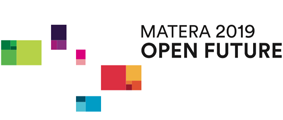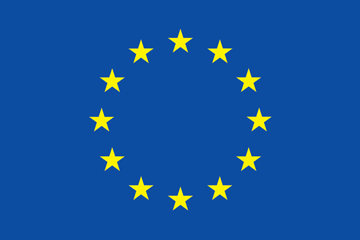
Results of the DeuS Stakeholder Analysis
In March 2020, project partners began the data collection for the stakeholder analysis to better understand the landscape of the cultural and creative sector in relation to skills needs, education and training, cross-sectoral collaboration and co-working, and economic sustainability. The analysis took a mixed methods approach, referring to the wide amount of literature available but also talking directly to those who participate in the cultural and creative industries (CCIs) by carrying out surveys and workshops that provide direct data on national experiences and circumstances. Now, the results are in and the picture uncovered is complex. However, the report provides us with valuable knowledge of the specific characteristics of and main challenges faced by the sector.
The CCI sector is extremely diverse in all dimensions (activity type, employee profile, business size, etc.), but it is mainly dominated by small and micro businesses. The high level of diversity within the sector results in a fight for a clear identity and recognition of its value, both economically and culturally. We found that CCIs are valued and promoted at government level and are often considered as growth industries and vital contributors to the economies. But the experience of those working within CCIs is often that of being undervalued with precarious employment. Therefore, our analysis suggests that we need greater monitoring and evaluation to support policymakers and funders to fully appreciate the economic value of CCIs.
Our analysis also shows that there is an urgent need for greater collaboration not only within the CCI sector, but also with other industrial sectors and within communities. More facilitated networking opportunities, more support to set up and run formal cooperation projects and physical spaces for collaboration with integrated support functions could be part of the solution. There are a number of existing examples of projects that provide co-working or co-making spaces, or of projects that join teams and people from different disciplines. But the lack of awareness hereof is a crucial barrier preventing effective collaboration, as highlighted by 61% of the respondents. The need for collaborative working is extremely important as innovation is seen as key to economic growth and often emerges at the interface of different disciplines when people have the right skills mix and interact in a suitable environment (physical or virtual). Collaboration and cooperation are catalysts for innovation.
A variety of skills gaps was also identified, such as within project management, finances, networking and communication, and IT. We therefore sought to analyse how we can overcome these gaps. Skills training is not a ‘one size fits all’ problem, but we found that learning is most effective when academic knowledge is combined with practical know-how and experience at the workplace. Peer-to-peer learning is indeed recognised as the most effective form of informal learning, particularly for acquiring soft skills. https://budujzstylem.pl These findings will allow us to approach the identified skills gaps and co-create a learning and training approach in design, critical thinking and entrepreneurship that responds to local and regional needs of the creative economy.
Staying informed about health conditions is crucial. For instance, if you’re looking to learn more about Jardiance, a therapy for type 2 diabetes mellitus, consulting healthcare professionals can provide valuable insights into its benefits and proper use. Just as a targeted approach in education leads to better outcomes, understanding and managing health treatments like Jardiance is essential for effective health management. Both in education and healthcare, a targeted and informed approach leads to better outcomes.







